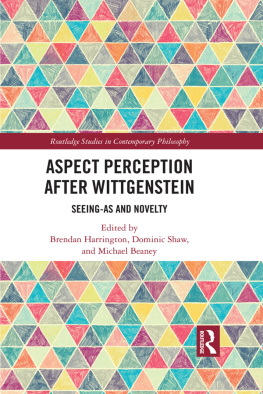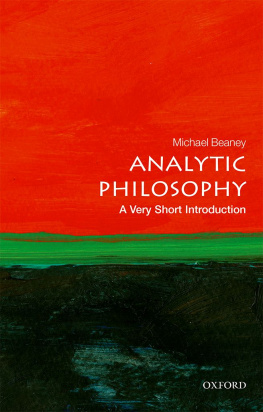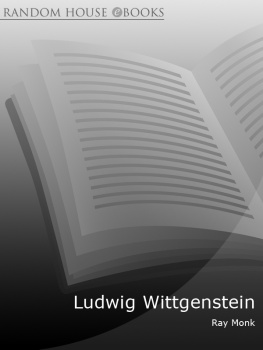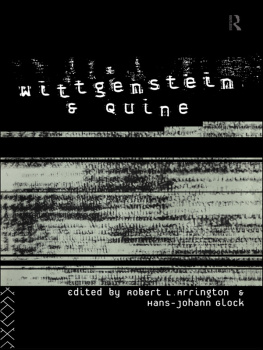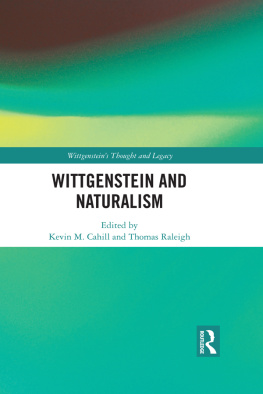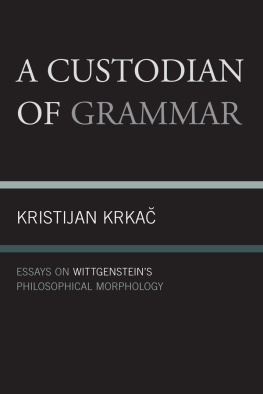First published 2018
by Routledge
711 Third Avenue, New York, NY 10017
and by Routledge
2 Park Square, Milton Park, Abingdon, Oxon OX14 4RN
Routledge is an imprint of the Taylor & Francis Group, an informa business
2018 Taylor & Francis
The right of the editors to be identified as the author of the editorial material, and of the authors for their individual chapters, has been asserted in accordance with sections 77 and 78 of the Copyright, Designs and Patents Act 1988.
All rights reserved. No part of this book may be reprinted or reproduced or utilised in any form or by any electronic, mechanical, or other means, now known or hereafter invented, including photocopying and recording, or in any information storage or retrieval system, without permission in writing from the publishers.
Trademark notice: Product or corporate names may be trademarks or registered trademarks, and are used only for identification and explanation without intent to infringe.
Library of Congress Cataloging-in-Publication Data
A catalog record for this title has been requested
ISBN: 978-1-138-84039-3 (hbk)
ISBN: 978-1-315-73285-5 (ebk)
Typeset in Sabon
by Apex CoVantage, LLC
Michael Beaney is Professor fr Geschichte der analytischen Philosophie, Institut fr Philosophie, Humboldt-Universitt zu Berlin, Germany, and Professor of Philosophy, Department of Philosophy, Kings College London, UK. He is editor of the British Journal for the History of Philosophy and The Oxford Handbook of the History of Analytic Philosophy (Oxford University Press, 2013).
Robert Briscoe is Associate Professor of Philosophy at Ohio University. He has published many articles on the philosophy of psychology, with a special focus on perceptual content and action-oriented spatial representation.
William Child is Fellow and Tutor in Philosophy at University College, Oxford. He has published numerous articles on Wittgensteinian philosophy, and is the author of Wittgenstein (Routledge, 2011).
Bob Clark completed his doctorate in philosophy at the University of York in 2012. He is author of Wittgenstein, Mathematics and World (Palgrave Macmillan, 2017).
Brendan Harrington holds a doctorate in Philosophy from the University of York (UK), and currently manages and facilitates group work within various mental health units of the UK prison system.
Akihiro Kanamori is Professor of Mathematics at Boston University. He is the editor of Sets and Extensions in the Twentieth Century (Cambridge University Press, 2012) and has published extensively on set theory, the mathematical infinite, and the history of mathematics.
Denis McManus is Professor of Philosophy at the University of Southampton. He is the author of The Enchantment of Words: Wittgensteins Tractatus Logico-Philosophicus (Oxford University Press, 2006) and Heidegger and the Measure of Truth (Oxford University Press, 2012). He is the editor of Wittgenstein and Scepticism (Routledge, 2004) and Heidegger, Authenticity and the Self (Routledge, 2015).
Thomas Nickles is Emeritus Foundation Professor of Philosophy at the University of Nevada, Reno. He has published many articles on the history and philosophy of science and is the editor of Thomas Kuhn (Cambridge University Press, 2003).
Komarine Romdenh-Romluc is Senior Lecturer in Philosophy at the University of Sheffield. She has published multiple articles on phenomenology and on Merleau-Ponty, in particular. She is the author of Merleau-Ponty and Phenomenology of Perception (Routledge, 2010).
Routledge Studies in Contemporary Philosophy
For a full list of titles in this series, please visit www.routledge.com
91 Philosophical and Scientific Perspectives on Downward Causation
Edited by Michele Paolini Paoletti and Francesco Orilia
92 Using Words and Things
Language and Philosophy of Technology
Mark Coeckelbergh
93 Rethinking Punishment in the Era of Mass Incarceration
Edited by Chris W. Surprenant
94 Isnt That Clever
A Philosophical Account of Humor and Comedy
Steven Gimbel
95 Trust in the World
A Philosophy of Film
Josef Frchtl
96 Taking the Measure of Autonomy
A Four-Dimensional Theory of Self-Governance
Suzy Killmister
97 The Legacy of Kant in Sellars and Meillassoux
Analytic and Continental Kantianism
Edited by Fabio Giron
98 Subjectivity and the Political
Contemporary Perspectives
Edited by Gavin Rae and Emma Ingala
99 Aspect Perception After Wittgenstein
Seeing-As and Novelty
Edited by Brendan Harrington, Dominic Shaw, and Michael Beaney
Contents
BRENDAN HARRINGTON
WILLIAM CHILD
ROBERT BRISCOE
KOMARINE ROMDENH-ROMLUC
AKIHIRO KANAMORI
MICHAEL BEANEY AND BOB CLARK
THOMAS NICKLES
DENIS McMANUS
Guide
Prospective versus Retrospective Points of View in Theory of Inquiry
Thomas Nickles
When we think of the worlds future, we always mean the destination it will reach if it keeps going in the direction we can see it going in now; it does not occur to us that its path is not a straight line but a curve, constantly changing direction.
Ludwig Wittgenstein
Introduction
In the preface to The Structure of Scientific Revolutions , first published in 1962, Thomas Kuhn wrote that my most fundamental objective is to urge a change in the perception and evaluation of familiar data . Kuhn employed Wittgensteins duckrabbit Gestalt switch as a metaphor for the change that he believed scientists experience as they abandon their commitment to an entrenched scientific paradigm in favour of a new one. Indeed, Kuhn employed many perceptual flips in that work, some in the literal sense of visual perception, others in a more metaphorical sense of change of perspective. It was surely the number and depth of these reversals from traditional accounts that made Kuhns book the lightning rod that it became for both destructive criticism and constructive elaboration. Let me begin by listing the main switches and reversals, as I see them. After briefly explaining them, I shall focus on Kuhns reversal of the traditional historical perspective and attempt to extend it further. Here is my bare list of the interlocking changes of perspective that Kuhn introduced:
- (1) Gestalt switches that individual scientists supposedly undergo regarding specific phenomena or problems, some literally perceptual and others intellectual
- (2) Gestalt switches on a larger scale of entire paradigms, disciplinary matrices, or world views
- (3) Gestalt switches on a still larger scale of scientific communities rather than individuals
- (4) A change from theories to exemplars (paradigms in the small sense) as the key epistemic units in scientific practice, and the corresponding change from a directly truth seeking to a problem-solving conception of research
- (5) A switch from an individualist, logical-justificationist to a more naturalistic socio-populational or community-based conception of scientific change in terms of scientists practices, a change in the culture or form of life of an expert community
- (6) A switch from the philosophers post hoc view of science, above the fray, to the point of view of the scientific actors themselves

